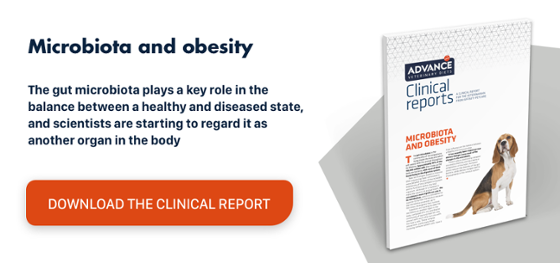Canine rhinotracheitis or kennel cough
Canine infectious rhinotracheitis, or more commonly known as kennel cough, is a highly contagious disease of the upper respiratory system that can affect dogs of all ages, either individually or more seriously in populations where a lot of animals live together. Transmission is through direct contact or via the airborne route, which is why it is such a problem when several dogs live in close proximity.
What is canine rhinotracheitis?
Infectious rhinotracheitis is almost always caused by the bacterium Bordetella bronchiseptica (Bb), which has a strong affinity for the respiratory epithelium. It can also be initiated or complicated by canine parainfluenza virus (CPIV) and adenovirus type 2 (CAV-2), among others. A lesser known but no less important agent is Mycoplasma cynos, which usually aggravates the initial picture and prolongs the clinical course considerably.
These agents cause infections that only affect the respiratory system, producing inflammation of bronchi which can also develop a bacterial superinfection.
Kennel cough is usually self-limiting, resolving within a few days without any specific medical treatment, although in certain circumstances dogs may require more intensive treatment to recover.
Canine rhinotracheitis: clinical signs
The typical telltale sign is a dry, paroxysmal cough with moderate expectoration at the end of each bout; this can be mistaken for vomiting or the presence of a foreign body. The urge to cough is due to inflammation of the vocal cords. The cough can be triggered by manipulating the trachea and stimulating the cough reflex.
Canine rhinotracheitis: prognosis
As it is a self-limiting disease, it has an excellent prognosis in most cases.
However, puppies under 6 months old should be treated with particular care because the clinical picture is more severe given their immature immune system, and the condition may even be life-threatening.
Canine rhinotracheitis: treatment
As mentioned above, in most cases it does not require specific medical treatment. Cases complicated by a bacterial superinfection can be treated with empirical broad-spectrum antibiotic therapy (click here for more information on broad-spectrum antibiotics).
The best means of prevention in healthy dogs, especially puppies, is to avoid exposure to other animals. If this is not possible, targeted vaccination is the next best option. Vaccines with strains of canine parainfluenza virus and adenoviruses can stop canine tracheobronchitis from developing. However, the Bordetella vaccine is more effective. Previous infection confers long-lasting immunity.
For large cohabiting groups, the implementation of strict hygiene rules, good nutrition (click here for more information on how to stimulate the immune system through nutrition) and targeted vaccination form the basis for a strategy to combat canine infectious rhinotracheitis.

